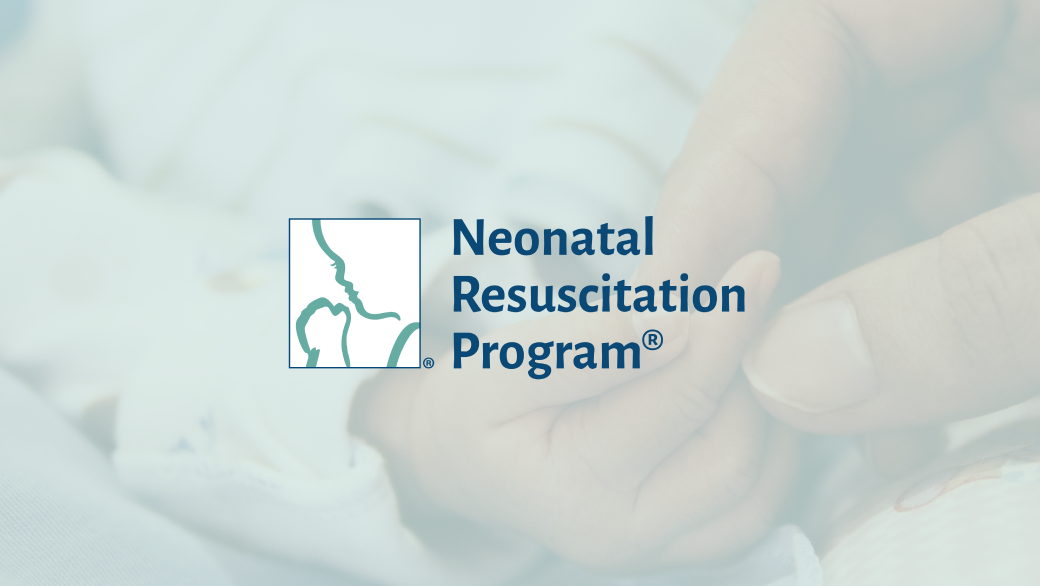Welcome
The Neonatal Resuscitation Program® (NRP®) course conveys an evidence-based approach to care of the newborn at birth and facilitates effective team-based care for healthcare professionals who care for newborns at the time of delivery. NRP utilizes a blended learning approach, which includes online testing and hands-on case-based simulation/debriefing that focus on critical leadership, communication, and team-work skills.
Mission: To develop and disseminate evidence-based neonatal resuscitation education
Vision: To improve neonatal health by having an expert provider at every birth and an expert team at every resuscitation
